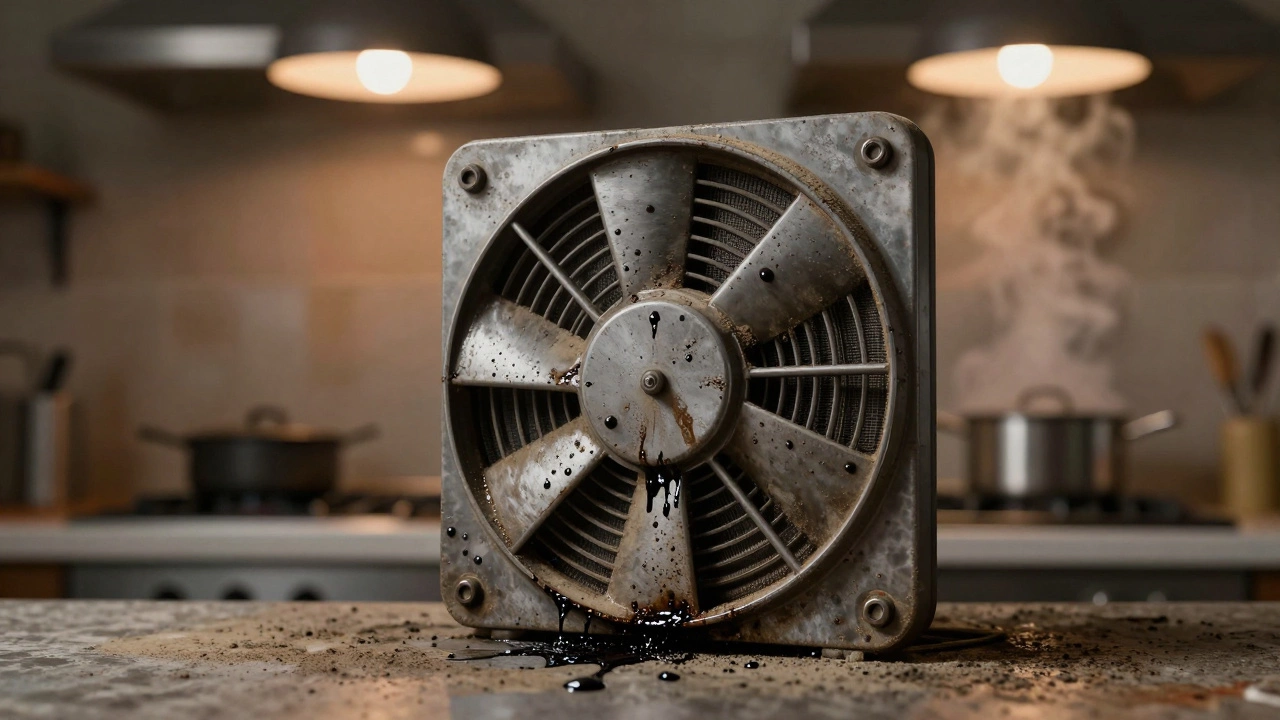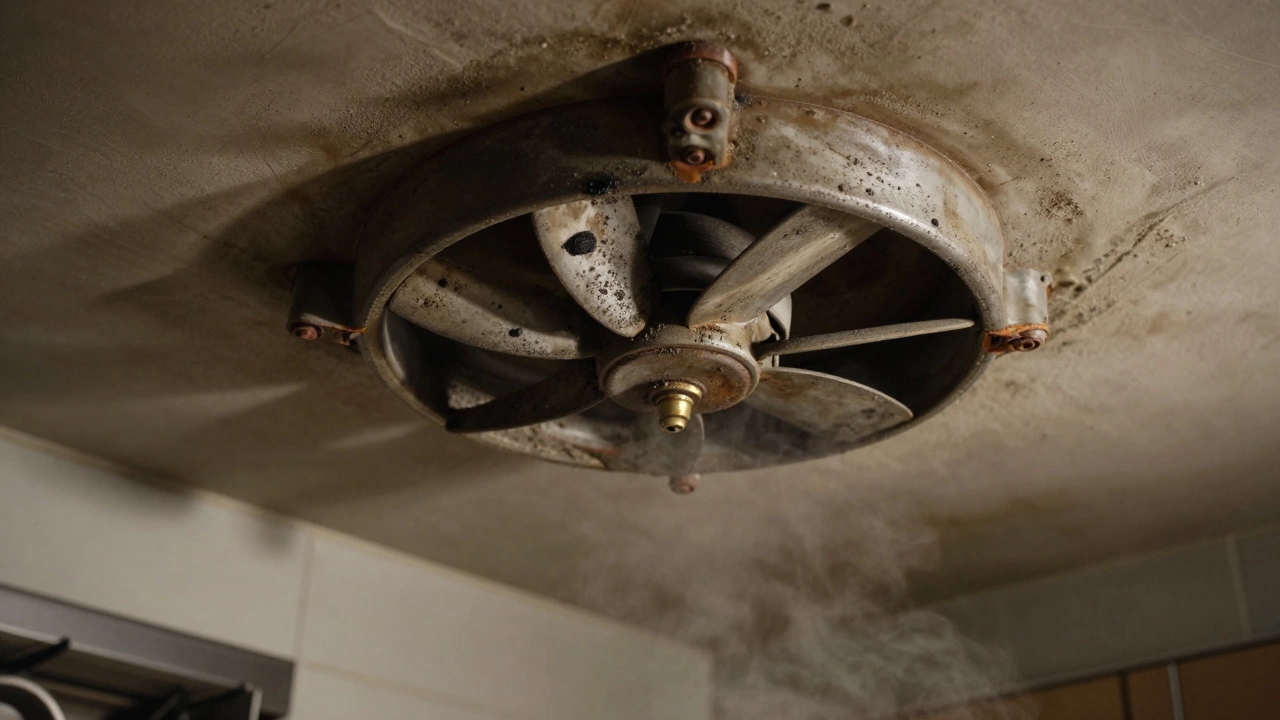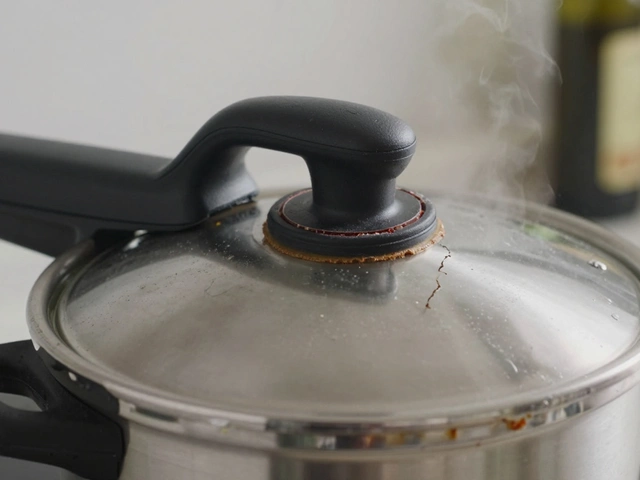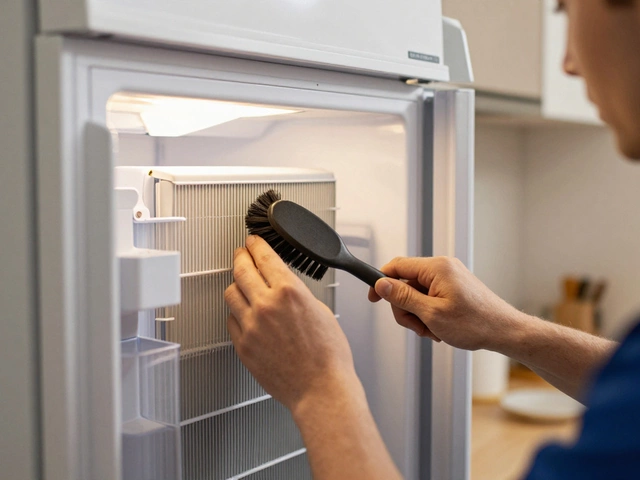Extractor Fan Lifespan – How Long Do Kitchen Fans Really Last?
When talking about extractor fan lifespan, the period a kitchen or bathroom fan stays functional before performance drops or it needs replacement, most people only think about the warranty sticker. In reality, the lifespan is shaped by how often the fan runs, the quality of the unit, and how well it’s cared for. Extractor fan lifespan is more than a number – it tells you how long you’ll enjoy fresh air without noisy breakdowns.
Key Factors That Decide How Long Your Fan Works
A big piece of the puzzle is the extractor fan type, whether it’s a ceiling-mounted, wall-mounted, or inline model and what motor technology it uses. Simple centrifugal fans often outlast cheap axial models because they handle grease and moisture better. The fan’s design influences another vital metric – CFM, cubic feet per minute, the amount of air the fan moves. A higher CFM rating means the fan works harder, which can shorten its life if the motor isn’t built for sustained use.
Noise rating is another hidden driver of longevity. Fans that roar at 60 dB usually have weaker bearings and will wear out faster than a quiet 35 dB unit. Choosing a low‑noise fan not only makes cooking more pleasant but also reduces stress on the motor, extending the overall lifespan.
Maintenance habits sit at the core of the lifespan equation. Regularly cleaning the filter removes grease that can choke the motor, while checking the fan blade for wobble catches misalignment before it causes bearing failure. A quick once‑a‑month wipe‑down can add years to the service life.
UK building regulations also play a subtle role. The law requires a minimum airflow for kitchen extraction, which pushes manufacturers to design fans that meet performance standards. When a fan is oversized to meet code, it may run at lower speeds, reducing wear and lengthening lifespan. Conversely, an undersized fan constantly runs at full tilt, accelerating wear.
Energy efficiency intersects with lifespan too. High‑efficiency fans draw less power, generate less heat, and stay cooler – a cooler motor typically lasts longer. Upgrading to an EC‑motor fan can cut electricity use and give you a few extra years before a replacement is needed.
All these factors—type, CFM, noise, maintenance, regulations, and efficiency—interact like a chain. Understanding each link helps you predict how long your fan will stay reliable. Below you’ll find articles that dig into each of these topics, from picking the right fan to DIY cleaning tricks and the legal side of kitchen ventilation. Keep reading to get the practical insights that will keep your extractor humming smoothly for as long as possible.
Extractor fans typically last 8 to 15 years, but grease buildup and poor maintenance can cut that in half. Learn the signs your fan is failing, how to extend its life, and when to replace it for better performance and safety.
Extractor fans typically last 10-15 years with regular cleaning, but in high-humidity areas like Auckland, they may need replacing sooner. Watch for noise, poor airflow, or mold as signs it’s time for a new one.
Wondering if extractor fans actually need regular servicing? This article breaks down why ignoring maintenance can wreck performance, lead to expensive repairs, and mess with your air quality. Learn how to spot early warning signs and pick up tips for easy DIY cleaning. Make your extractor fan work better, last longer, and keep your home fresh without a ton of hassle.




